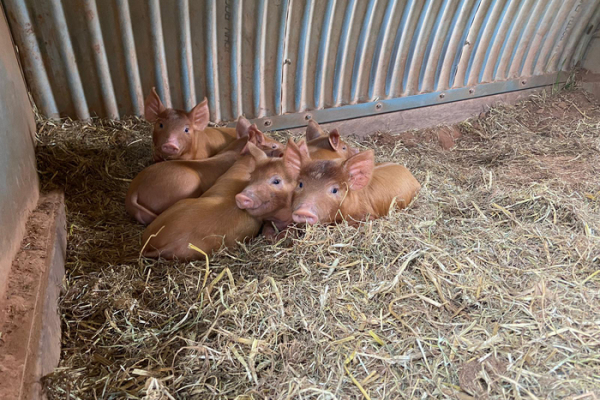Putting numbers on how well looked after the animals that end up on our plate are...
Interviews with Scientists
Interviews about medicine, science, technology and engineering with scientists and researchers internationally...
Our gene of the month is Toddler. Officially known as Apela, Toddler is a new addition to the genetic canon and is...
Professor Jonathan Flint has some fascinating early results from his team’s hunt for genes involved in major depression.
Schizophrenia affects around one in 100 people. Professor Mike Owen explains what we know about the genes involved.
Professor Cathryn Lewis is searching for genes involved in depression.
Meet a moss-powered radio: scientists have discovered how to tap electricty from plants to power consumer items...
How we can change the lithium ion batteries in your phone or laptop to make them hold more energy.
How do you develop the replacement for the current lithium ion batteries
What a battery is and how do they work?
Evidence has been found that a father smoking as a child can affect his chiildren's levels of obesity
An ocean deeper than the Marianas trench has been discovered on Saturn's moon Enceladus
We look into why your central nervous system won't regenerate and how it might be possible to make it do so.
Up in the air: why flight drove evolution of insect olfaction
The Hawaiian bobtail squid and V. fischeri bacteria use a chemical conversation to establish a close working...
Male flies rub chemicals called TAGs onto female flies during mating to make them less attractive to other males.
Single mutations in three genes can increase the ability of E. coli to survive ionizing radiation by a factor of 1000.
Scientists achieve the biological equivalents of climbing Mt. Everest. They’ve created a synthetic fully functional...
Researchers have discovered the pheromone equivalent of an anti-aphrodisiac...
The minerals that make up our bones consist largely of a shock-absorbing citrate-rich goo...
We enter the world of physics to explore spin and antimatter...
Humans have handedness, but is the same true for chemistry? Can chemicals tell their right from their left?
We find out about asymmetry in nature. Do other species have handedness? Is it genetic? Is it true that left handers...
This week sees the launch of a new 43 Million pound supercomputer called ARCHER. But what will it be used for?
We visited Mira, the fifth-fastest supercomputer in the world at the Argonne National Laboratory in Chicago
Coding is being introduced into classrooms but will that mean more people studying it in higher education?
